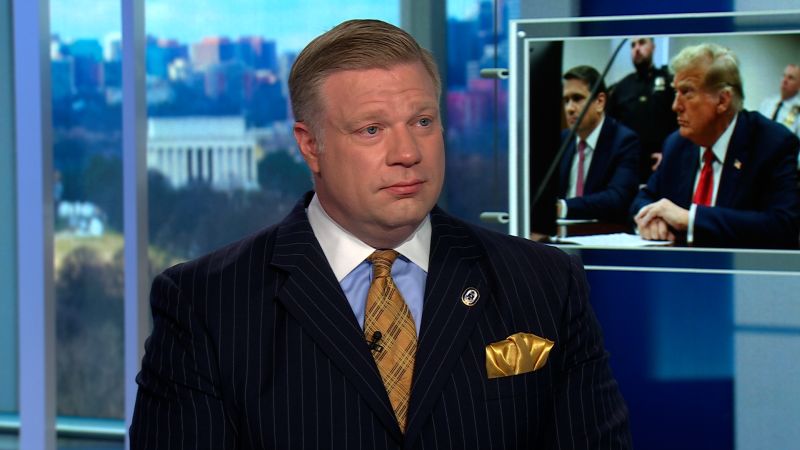Parlatore suggests that if prosecutors in Trump’s hush money trial bring up his legal past, it could potentially backfire. He argues that while some jurors may have negative opinions about Trump’s character due to his past legal troubles, others may view him more favorably. This could lead to a situation where the prosecution inadvertently strengthens Trump’s defense by turning some jurors sympathetic towards him. Parlatore emphasizes the importance of focusing on the facts of the current case rather than bringing up irrelevant past legal issues.
Furthermore, Parlatore points out that Trump’s legal past may not be admissible in the hush money trial unless it directly relates to the charges at hand. Prosecutors would need to demonstrate a clear connection between Trump’s previous legal issues and the current case in order for such evidence to be admissible in court. If prosecutors attempt to introduce Trump’s legal history without a strong connection to the hush money charges, the defense could potentially argue that it is irrelevant and prejudicial to Trump’s right to a fair trial.
In regards to whether Trump should testify in his defense, Parlatore believes that it would be a risky move. While Trump may feel confident in his ability to sway a jury, testifying could also open him up to increased scrutiny and potential legal pitfalls. Parlatore suggests that the decision to testify should be carefully considered based on the specifics of the case and the potential risks involved. Ultimately, the choice to testify should be made in consultation with Trump’s legal team and after weighing all possible consequences.
Parlatore also discusses the impact of the media on high-profile legal cases like Trump’s. He acknowledges that the media coverage surrounding Trump’s legal troubles can influence public opinion and potentially taint the jury pool. This could make it more difficult for Trump to receive a fair trial if jurors have already formed opinions about him based on media reports. Parlatore emphasizes the importance of keeping the jury impartial and ensuring that they base their verdict solely on the evidence presented in court.
Overall, Parlatore’s insights shed light on the potential implications of prosecutors bringing up Trump’s legal past in his hush money trial. He highlights the need for a focused approach based on the facts of the current case rather than diverting attention to irrelevant issues. Additionally, Parlatore advises caution when considering whether Trump should testify, as it could carry both benefits and risks. The impact of media coverage on public perception and the jury pool is also a key consideration in high-profile cases like Trump’s. By carefully navigating these factors, Trump and his legal team can work towards a fair and just resolution in his hush money trial.


